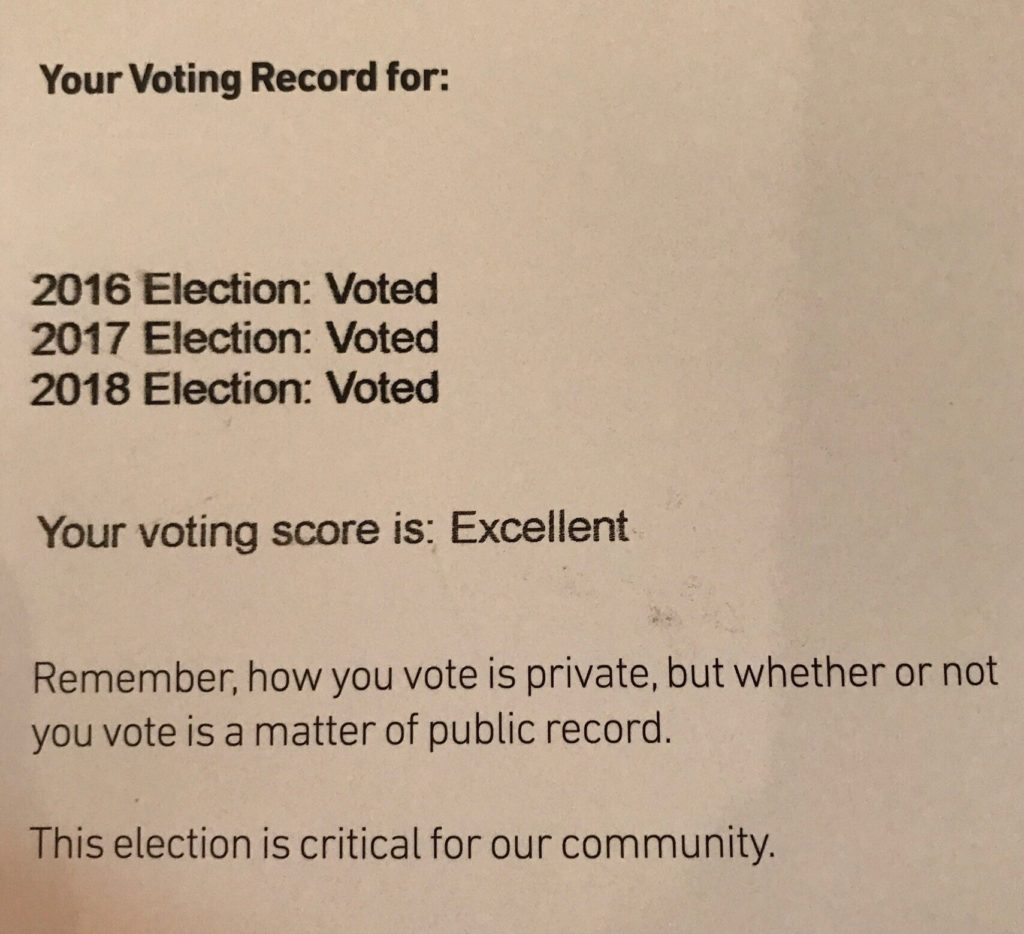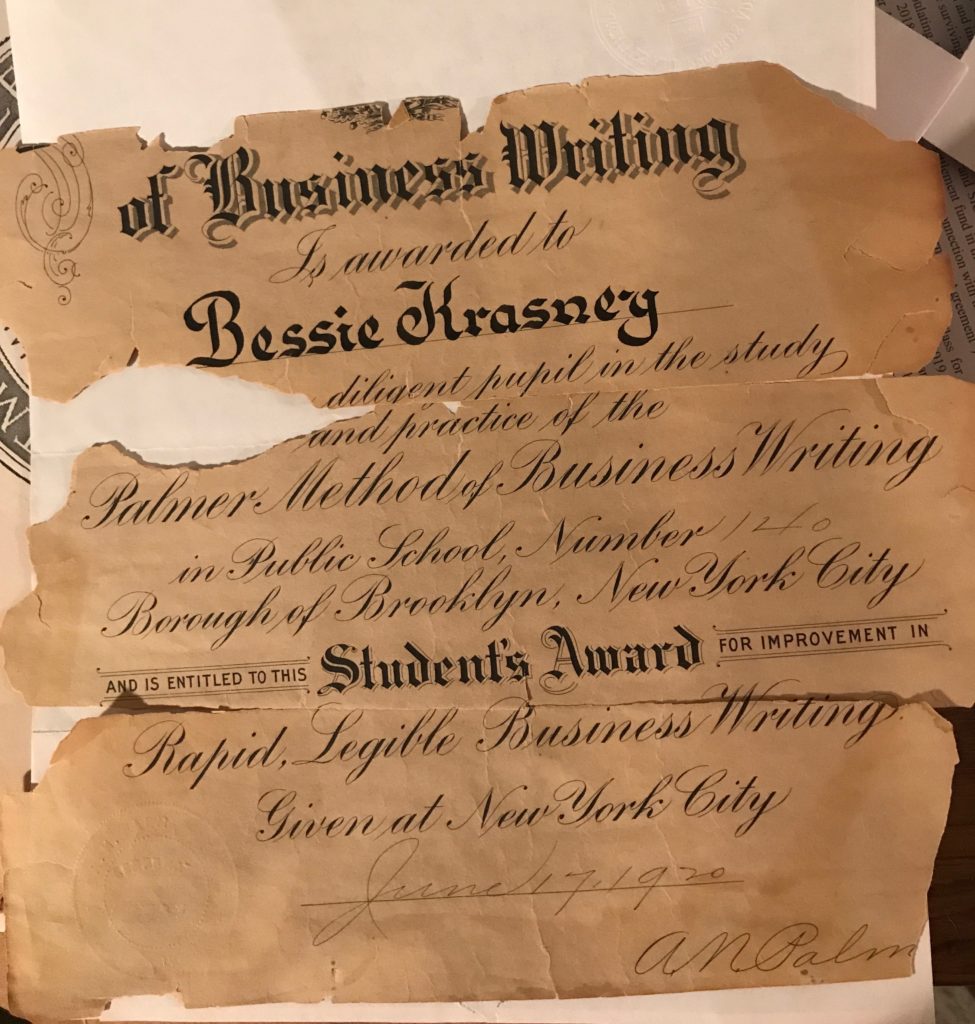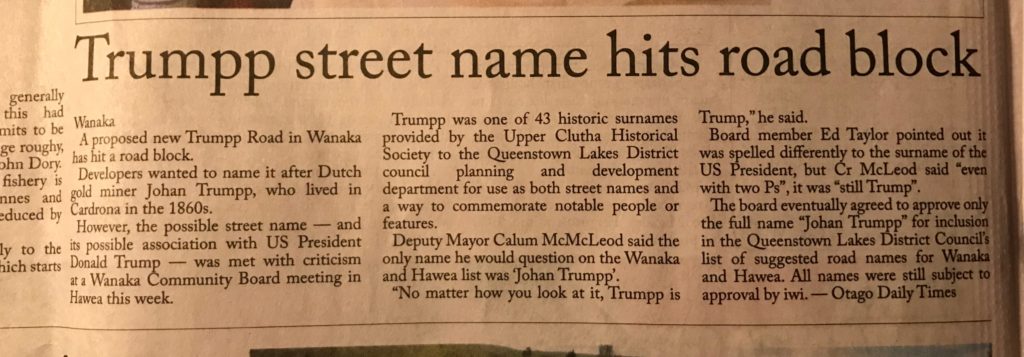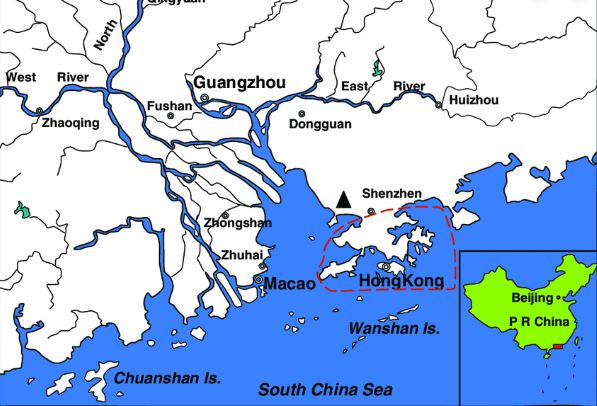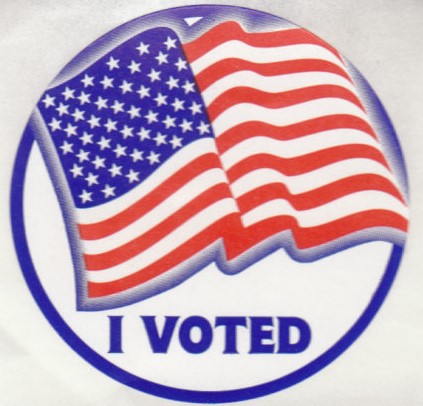
I cast my early ballot this week before Virginia’s Election Day on November 5. Virginia’s odd-year state elections often forecast the presidential election in the following year. Local candidates of different parties are very competitive to gain votes. This year in particular, thanks to the controversial Trump presidency, I saw the most campaign signs ever outside the polling station. They were in bright colors—orange, green, red and many more. The entranceway was festooned with a sea of colors.
I was a little surprised that besides me, there were quite a few people in line at the polling station for their absentee votes. According to my voting record, this is my fourth consecutive year to vote, although in my vague memory I voted in 2015, too. Every time when I receive the sticker “I Voted!” from the polling station staff, I feel I am so American like I never have before.
I’d like to tell my family that I am a five-year-old American. But better than a five-year-old kid, I can vote because I meet the requirement of the minimum voting age of eighteen. Voting is a civic duty that I am proud of as an American. The Fourteenth Amendment to the US Constitution grants full citizenship rights, including voting rights. And the Fifteenth Amendment to the US Constitution eliminates racial barriers to voting. However, during my five-year’ citizenship life, I often hear news reports about voter discrimination. New voting restrictions are introduced in different parts of the country. According to a CNN report, discriminatory voter laws have surged in last five years with moves like closing polling places, cutting early voting, purging voter rolls and imposing voter ID laws. As an immigrant from China, I can relate to this discrimination sentiment.
Sometimes I question myself whether one will cherish her current life more after she has lived before in the have-not situation. I used to live in a rental home with my parents in China. So when I moved to an apartment that I helped finance it, I was extremely happy. In China, voting rights is not a strange word to educated nationals. Every Chinese citizen takes political science class as a mandatory subject in secondary education. Every student knows about his/her voting rights. But in reality, no adult Chinese has voted directly for their representatives and leaders. The closest direct vote I had in China was voting for the student cadres. Frankly speaking, our class president and other student cadres won the election fair and square. There are not many ordinary Chinese who know by name their officials except the top dogs.
Now you understand why immigrants from countries that do not have democratic voting system value so much their voting rights in the US. I am one of them. My understanding of the US deepens, especially since President Trump took office. The rule of law, checks and balance and separation of power—these constitutional phrases used to be the answers that I memorized for my citizenship test; they are now constantly mentioned in the news media and in the lawmakers’ rhetoric associated with the Trump administration. Thanks to the truth-seeking journalists, I can learn about the American politics from their reporting on all sides of the matter—transparent journalism is something China cannot catch up with the US.
It doesn’t matter for whom you vote, but it matters if you don’t vote. Your vote speaks volume.
Wanna say something to me? Click here and thanks!
